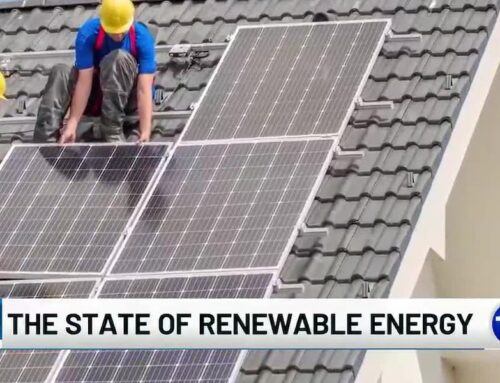Ford CEO says $2 billion in tariff costs prevents more US investments
September 30, 2025
The cost of tariffs is weighing heavily on Ford (F).
“I mean, it’s frustrating ’cause we’re the most American auto company, and we export the most, and yet, we have this $2 billion headwind, which prevents me from investing even more in the US,” Ford CEO Jim Farley told Yahoo Finance at Ford’s Accelerate Pro conference in Detroit.
Farley said imported parts — such as wiring looms, fasteners, sensors, and brake components — are sourced from countries like China, Canada, Mexico, Japan, and South Korea. Tariffs on these parts are driving up costs, including for Ford’s F-150 truck.
If the company wants to manufacture in the US, it has to “import literally thousands of dollars of parts on [the] F-150,” Farley said. Tariffs vary by product and the country of origin, but Ford is paying anywhere between 25% and 70% tariffs on the imported items, which “adds up to $2 billion.”
The automaker has had “some really good conversations with the Trump administration,” Farley said, and is soliciting support from the White House.
“Hey, help us, help us make more in the US by making these tariffs on the parts for cars more reasonable,” Farley said.
Read more: The latest news and updates on Trump’s tariffs
Farley also cited progress on regulatory fronts, noting conversations with the Environmental Protection Agency (EPA) to adjust tailpipe emission rules that better reflect customer demand.
“That gives me hope that we’re gonna find a solution for that $2 billion parts bill,” he said.
Ford’s tariff headwind comes against the backdrop of a strong second quarter performance.
During the period, the company generated revenue of $50.2 billion, beating consensus estimates of $44.14 billion, according to Bloomberg data. Adjusted earnings per share were $0.37, surpassing the $0.31 expected.
The automaker also updated its full-year EBIT [earnings before interest, taxes] guidance to $6.5 billion-$7.5 billion, which includes the $2 billion net tariff impact. The company had suspended its guidance during the previous quarter due to policy uncertainty.
Wall Street is cautiously optimistic. Analysts note that the underlying business remains strong despite tariff pressures. If Ford can leverage its US manufacturing footprint and capitalize on favorable policy and regulatory shifts, further gains are possible.
In a note to clients, JPMorgan analyst Ryan Brinkman wrote that “overall execution appears solid,” pointing to Ford Pro’s margin strength and the company’s cost-saving initiatives.
Search
RECENT PRESS RELEASES
Related Post




